Menu
Network video recorders (NVRs) are one of two local storage options for CCTV security systems, the other being digital video recorders. Read our blog on NVRs versus DVRs here.
NVR security camera systems are a popular choice for enterprise-level businesses that want around-the-clock remote and on-site surveillance that’s scalable and flexible, without compromising quality. This is why an NVR is used to secure a variety of facilities, from financial institutions, retail stores, and restaurants to municipal buildings and factories.
NVR security solutions allow surveillance footage to be broadcasted, recorded and stored both online and offline.
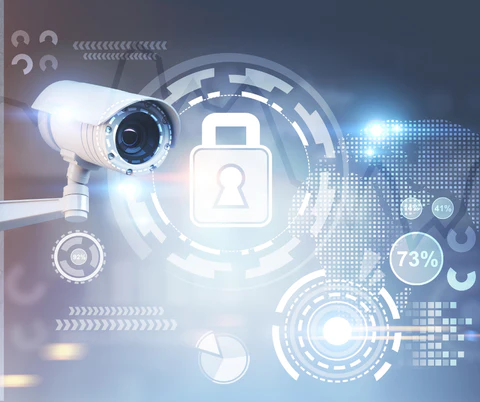
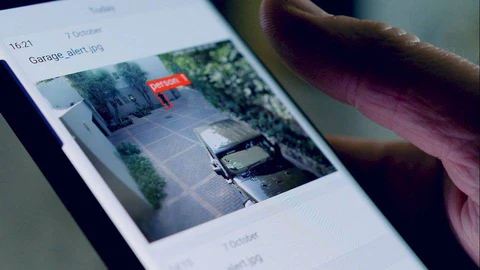
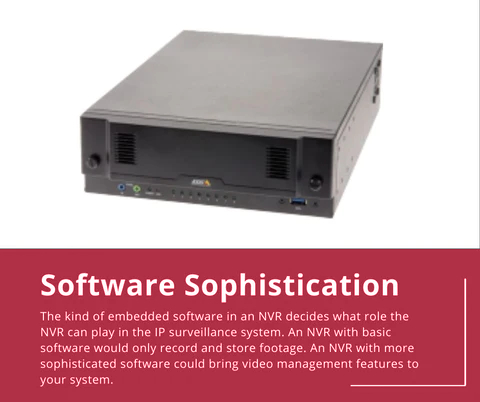
The kind of embedded software in an NVR decides what role the NVR can play in the IP surveillance system. Some NVRs only have simple software inside, which role is somewhat a secondary storage device as NAS/ IPSAN. Adopting this kind of NVRs, several PCs are still needed to deploy video management software (VMS). So, the whole cost of the IP surveillance system will be high and complex. The better solution is NVR embedded a complete VMS. Then the IP surveillance system can be made up of only network cameras and NVRs. However, designing a cost-effective NVR with complete VMS functions is a big challenge for NVR manufacturers.
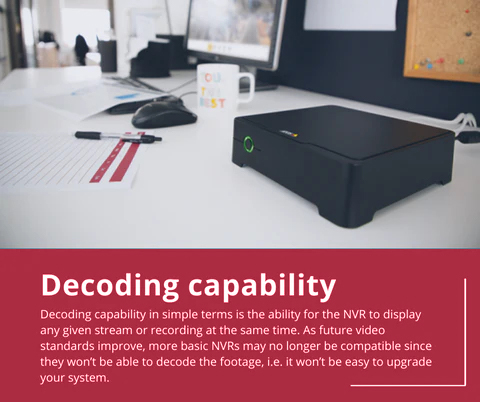
Decoding capability in simple terms is the ability for the NVR to display any given stream or recording at the same time. As future video standards improve, more basic NVRs may no longer be compatible since they won’t be able to decode the footage, i.e., it won’t be easy to upgrade your system.
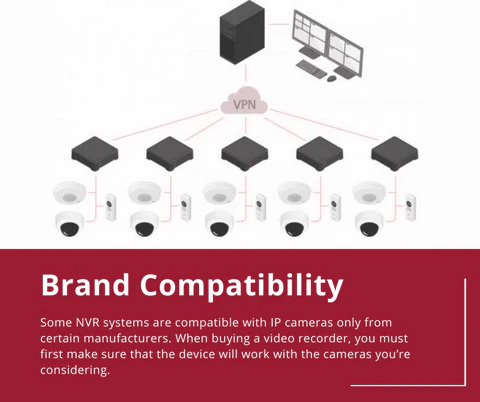
Some NVR systems are compatible with IP cameras only from certain manufacturers. When buying a video recorder, you must first make sure that the device will work with the cameras you’ve purchased